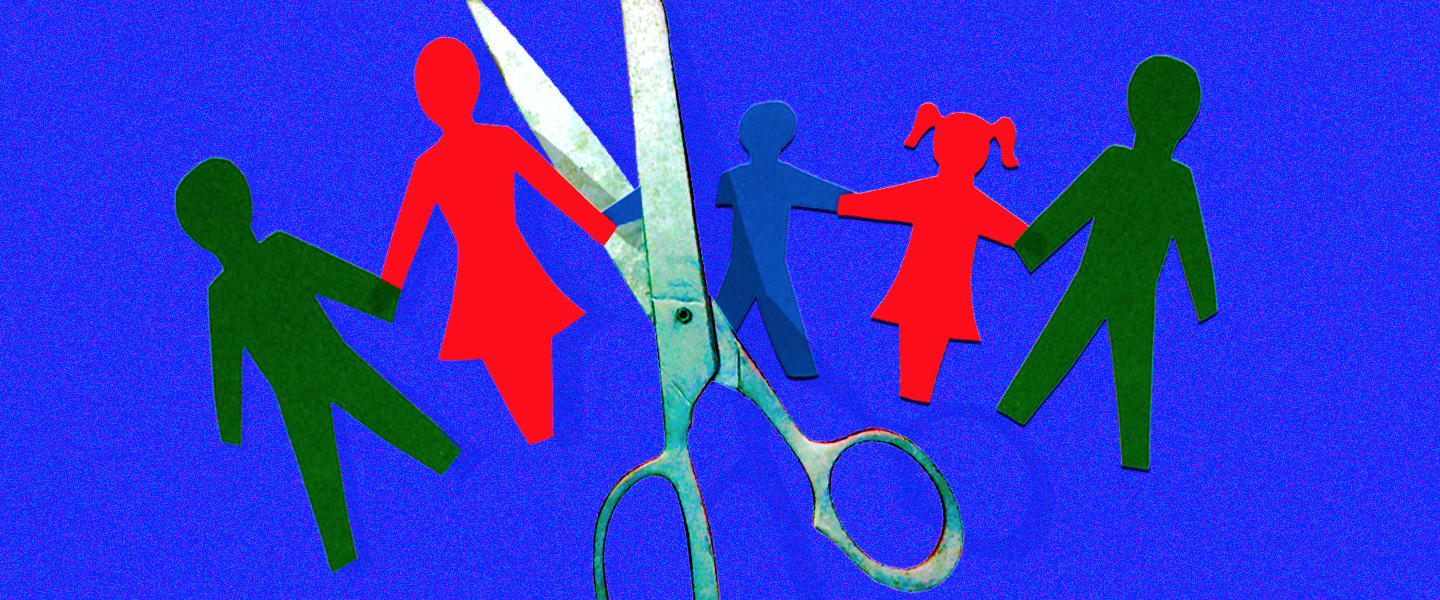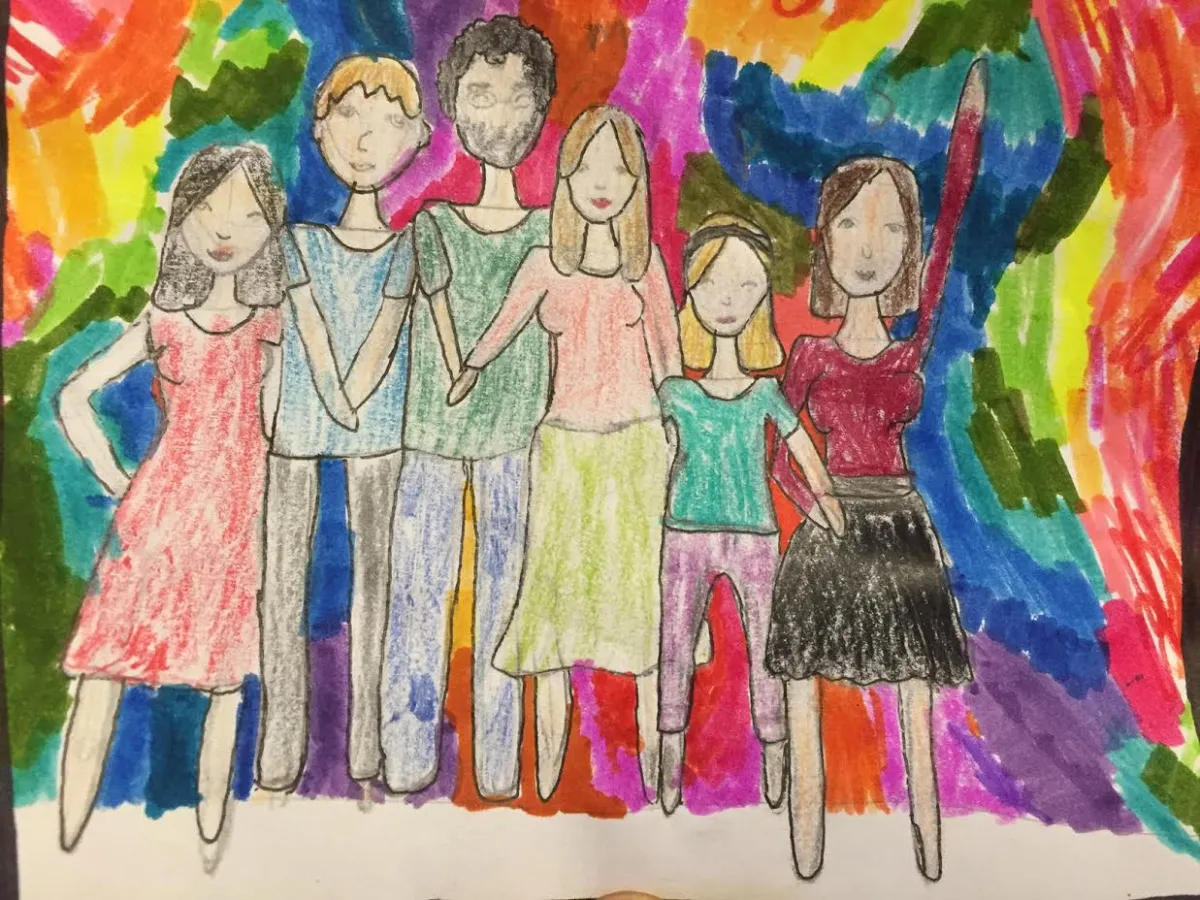By Evi Tsakali,
In love, it takes two to tango… or three, or four, or maybe more! Throughout these years we have been witnessing a change of paradigms regarding the traditional family model; society is more open to non-monogamy than ever before. Nevertheless, albeit having won – to a certain extent – their sociological place, such households find themselves in a legal void. We are all equal towards the law but do the children of polyamorous families exist for it? An inspection of family law (and more specifically the case studies of France and the United States of America) will give us a quite complex answer…
Polyamory in France, the Juge aux Affaires Familiales and the intérêt de l’enfant
In the French Civil Code child custody (autorité parentale) consists of the rights and duties of the parents in the interests of their minor children. Therefore, it is parent 1 and parent 2 who jointly exercise the autorité parentale. However, custody can be transferred in specific, extraordinary circumstances. It is the French Judge for Family Affairs (Juge aux Affaires Familiales) who decided, last year, to recognize a regime of shared autorité parentale to a family of two men and two women; the JAF always decides bearing in mind the fundamental criterion of the “intérêt de l’enfant” (the best interest of the child), and the reasoning behind this decision was to recognize a legal status to every partner that participated in the daily life and education of the children.

Polyamory in the United States, the increasing recognition
On the other side of the Atlantic, the United States has further advanced regarding policymaking on the issue, with 12 states (namely Alaska, California, Delaware, Florida, Louisiana, Maine, New Jersey, New York, North Dakota, Oregon, Pennsylvania, and Washington State) recognizing families with three or more parents in some capacity. There is also the characteristic example of the city of Somerville, Massachusetts, that passed an ordinance giving polyamorous families rights that were previously reserved for two-parent couples, such as the possibility of sharing health insurance (which was the main objective of the ordinance in the context of the pandemic).
All things considered, there is not only one right way to be a parent and there is not only one right way to start a family; and that is because life does not come with a user’s manual. It is aforementioned that policymakers need to comprehend and cater to, so that the law provides families with more than two parents the suitable framework to live and prosper, recognized by the State.
References
-
Droit de la famille l Le polyamour : et les enfants dans tout ça ?. causette.fr. Available here
-
The Challenges of Polyamorous Parenting. nytimes.com. Available here




